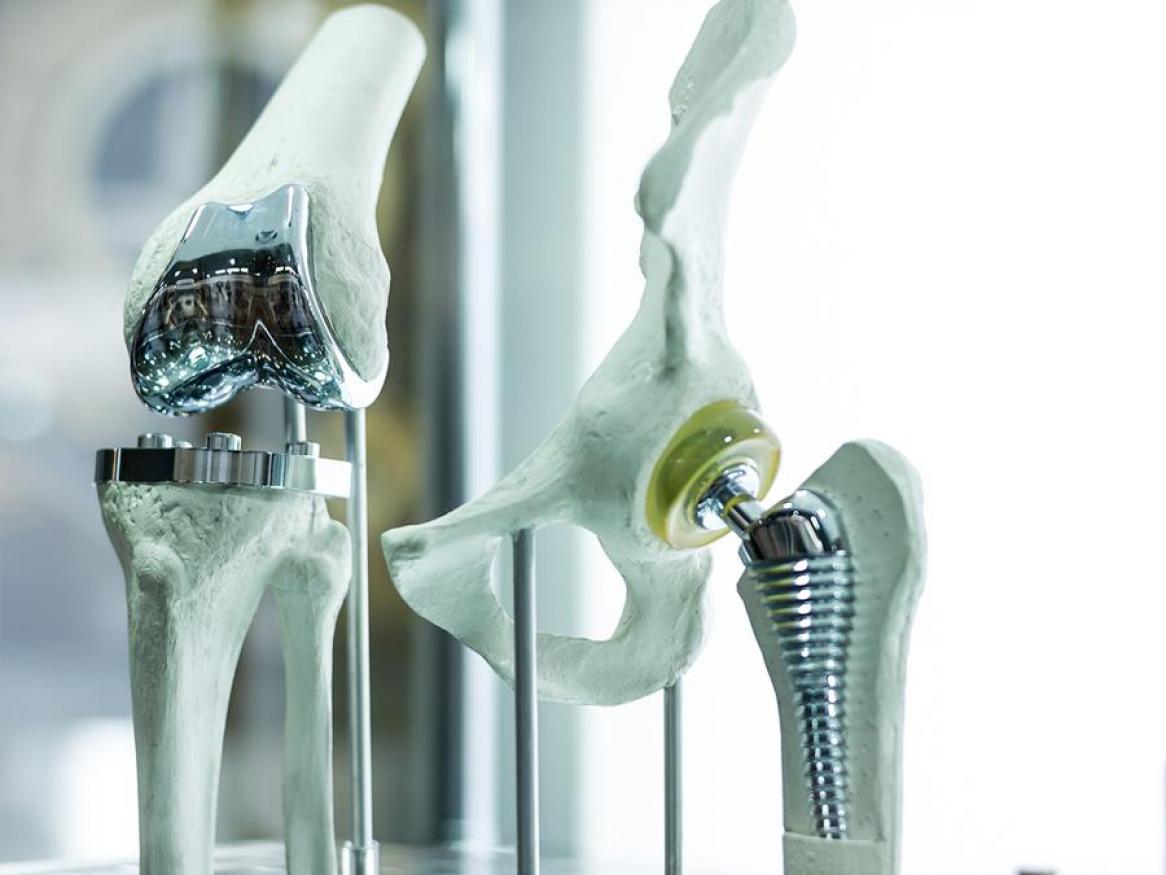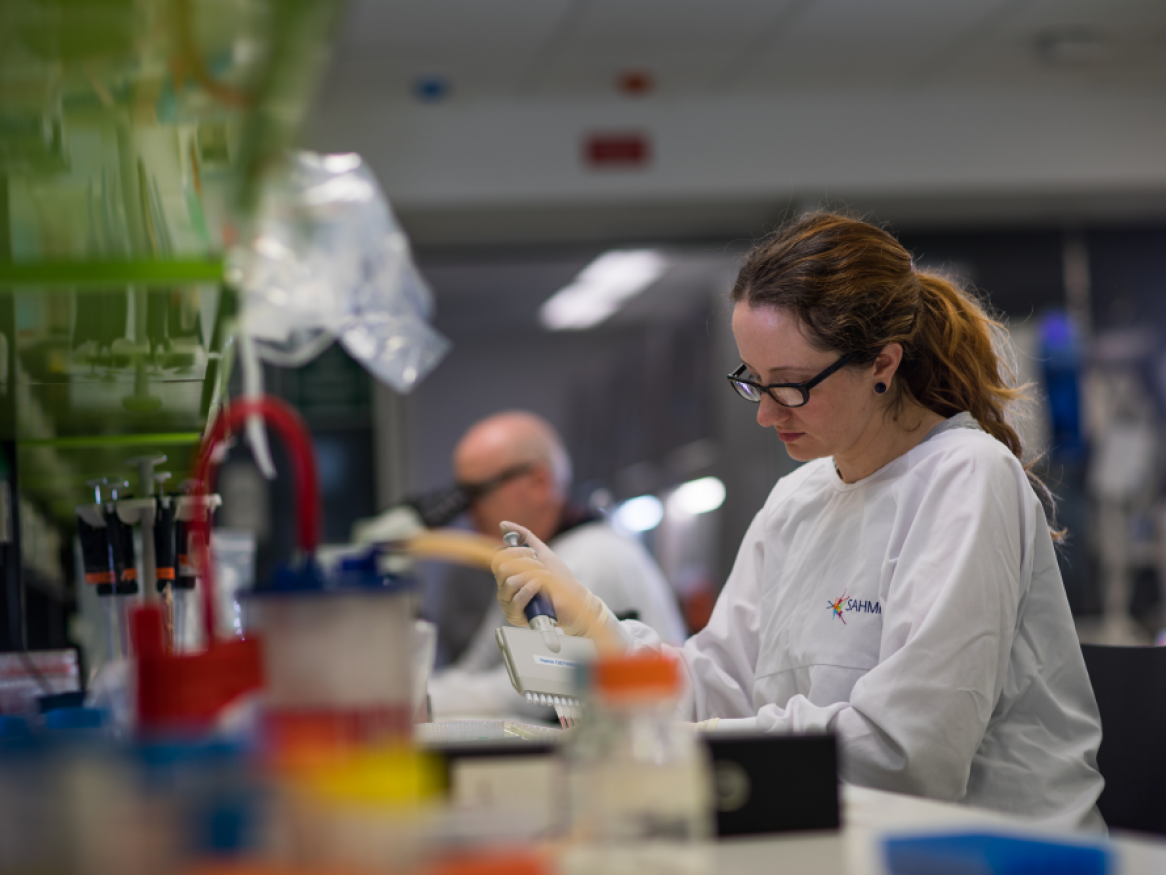Myeloma Research Laboratory
Our laboratory studies the molecular and cellular basis for the development of the second most common blood cancer: multiple myeloma.
Myeloma is characterised by the clonal proliferation of malignant plasma cells (cells that normally protect against infection). Over 100,000 people are diagnosed with myeloma worldwide each year. Despite recent advances in treatment, myeloma remains almost universally fatal with a 10-year survival rate of approximately 17%.
Clinical manifestations of myeloma include the development of osteolytic bone lesions, bone pain, hypercalcaemia, renal insufficiency, suppressed immunoglobulin production and increased bone marrow (BM) angiogenesis. Myeloma is preceded by a premalignant (asymptomatic) monoclonal gammopathy of uncertain significance (MGUS) stage. The factors that trigger the progression from MGUS to myeloma remain to be determined; however, our studies show that both intrinsic genetic changes and extrinsic factors play a role in disease progression. Our laboratory’s research is focused on detecting the key signalling pathways that are deregulated during disease development and determining what microenvironmental changes occur during disease pathogenesis. We believe that these approaches will enable us to identify new molecular markers of disease risk and to design drugs against novel therapeutic targets.
Using state-of-the art genomics, in vitro models of cancer development, and preclinical models of disease, the Myeloma Research Laboratory is focused on identifying the key genes responsible for disease progression and the role played by the bone microenvironment in disease development and relapse. With a focus on multiple myeloma (a type of bone marrow cancer), these approaches will enable us to identify new molecular markers of disease risk and to design drugs against novel therapeutic targets.
Our group is also interested in how nutrient-sensing pathways in the skeleton can control bone mass and systemic glucose metabolism, since recent studies suggest these pathways have important implications in diseases that impact on skeletal health, such as osteoporosis and type 2 diabetes. Osteoblasts (bone-forming cells) are known to secrete factors into the circulating blood stream and, remarkably, act on tissues remote to the bone to control metabolism and reproductive function. Using sophisticated genetic models, our laboratory is investigating the function of insulin-responsive pathways in osteoblasts to gain insight into how the skeleton regulates energy metabolism in the body.
Interested in a postgraduate research degree?
We offer exciting opportunities for researchers at the honours, masters and PhD levels. Our research degrees are open to students from a broad range of backgrounds, and range from basic sciences to clinical research. If you are interested in human health, consider furthering your research career with us.







